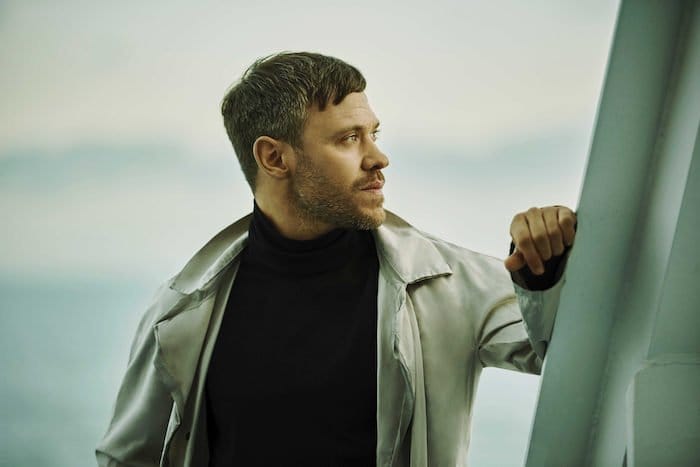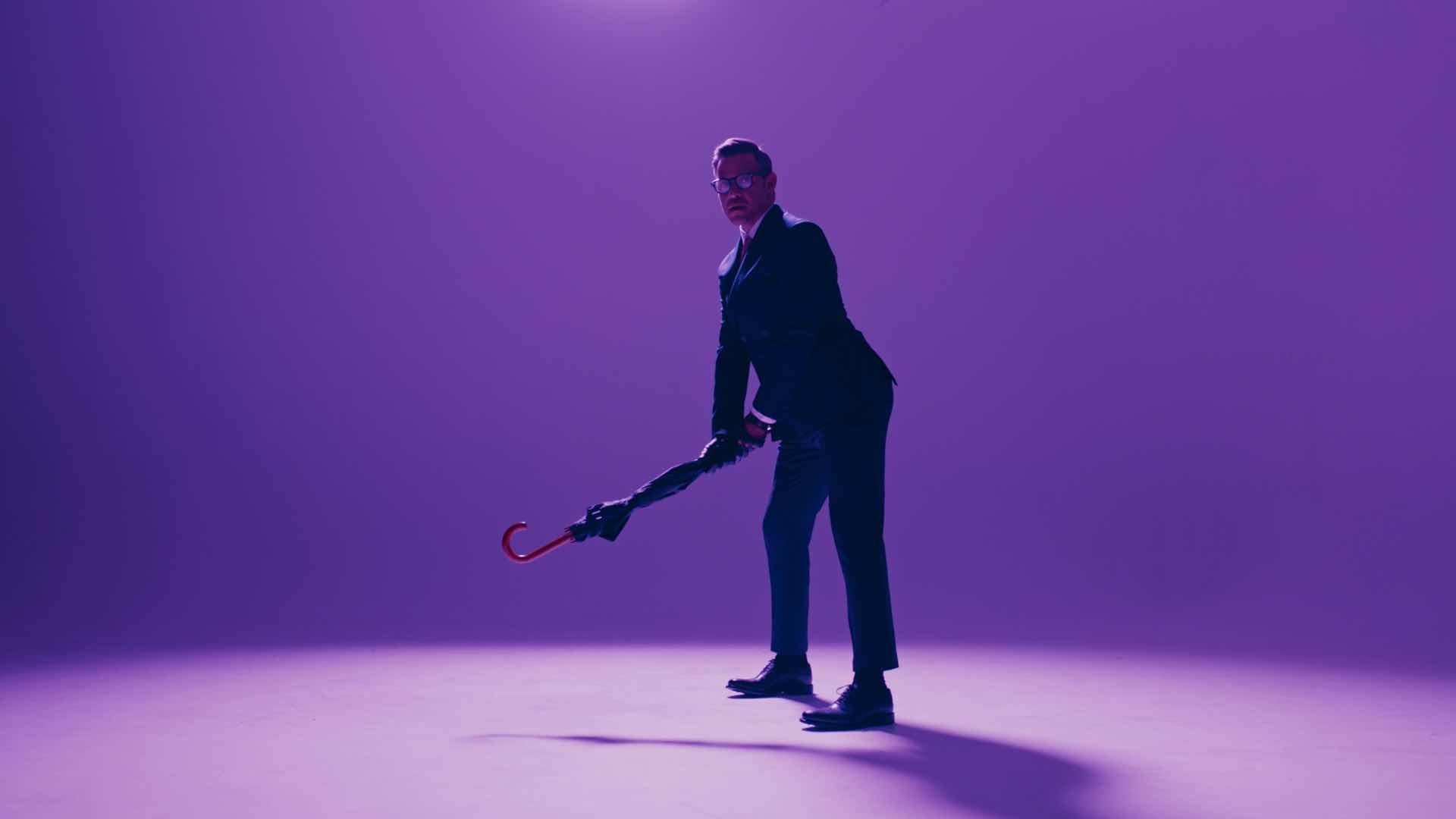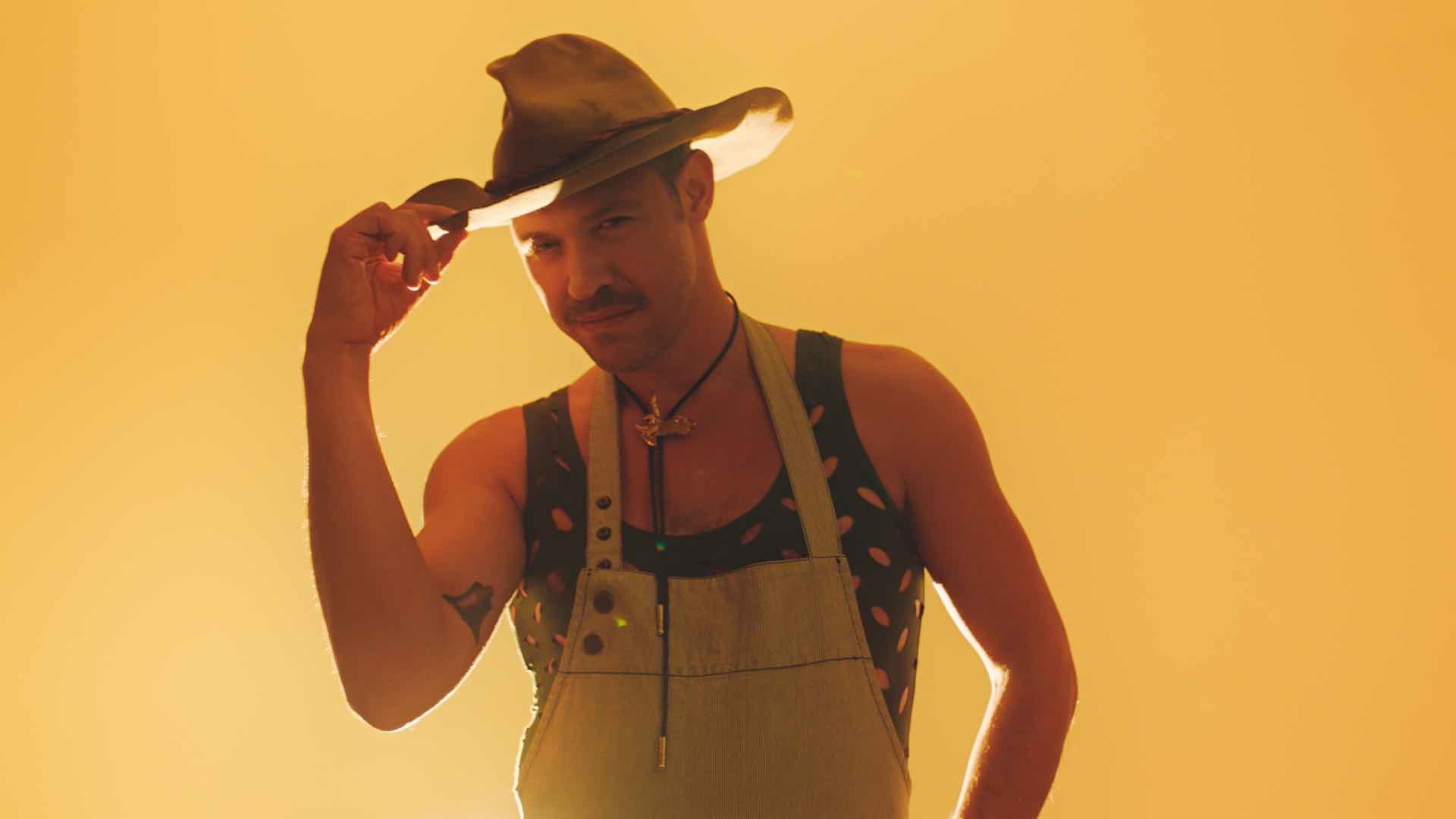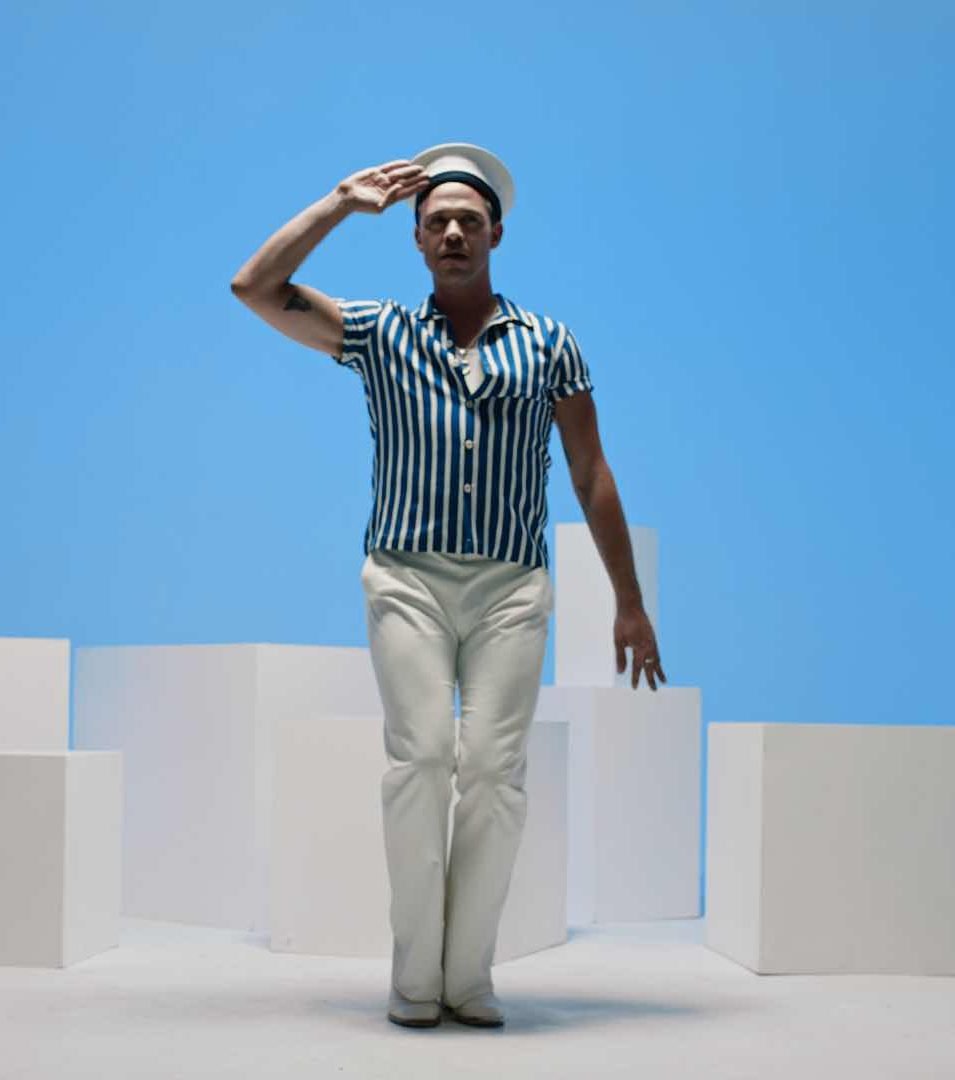Renaissance man Will Young touches down once again on planet pop with a brand new studio album helmed by Richard X and a fresh anxiety-free approach…
Two years ago Will Young thought he’d turned his back for good on pop. His 2015 album, 85% Proof, had topped the UK charts and he’d followed it with an extensive British tour. But after a decade-and-a-half on the music biz treadmill, he felt industry pressures were taking their toll.
“I needed to stop but couldn’t think of a way I’d do it that was going to be safe for me and for my well-being, because I have an anxiety disorder,” he says. “I just thought, ‘This isn’t working for me, the people I’m working with are not working. I’m just going to stop, take stock and see what I want to do.’”
An appearance in the 2016 series of Strictly Come Dancing might have only lasted three weeks, as he grappled with post-traumatic stress disorder, but he found his métier instead in acting.
Acclaimed roles in West End productions of Cabaret and Baz Luhrmann’s Strictly Ballroom delivered on the promise he’d shown in 2005 film Mrs Henderson Presents and Noel Coward stage play The Vortex.
Gradually, too, Will found his way back into music in a way, he says, “that made sure that I enjoyed it and that my well-being was at the forefront”. Now comes his seventh album, Lexicon, an elegant dose of sophisti-pop.
Pressure Drop
Will puts his more relaxed approach to music-making down to several contributory factors. “I only work a four-day week. I’m not with a management company so I don’t feel pressured, I’m with an independent label, and I’m not anti-record company. I decided that I didn’t want to write loads of songs because I find that very pressured and then, of course, because I didn’t want to write songs, I ended up writing the two singles. That’s interesting – take the pressure off and the writing was better.
“Also, I loved the idea of singing other people’s songs and saying to them, ‘Will you write a song for this record? This is what the album is’, so I went to Eg White, who wrote Leave Right Now, and he’s come up with two amazing tracks. Then there are some very new writers as well that are going to be absolute stars.
“It was very collaborative, I absolutely loved it. It was easy in a nice way, not in a way that was lazy. When music-making is easy you know that you’re on the right path.”
Essential to it all was producer Richard X, with whom Will had worked on his 2011 album Echoes. “If he couldn’t have done the record I wouldn’t have done it either, because what I did with him last time I thought was my best record. That was a very simple, unified record and this is the same. I wanted it to be mid-tempo and I wanted it to be with him because he has an incredible pop sensibility. His knowledge of music is fantastic and he’s also a bit of a geek. He won’t rest until a sound is perfect and I love the way that he records my voice.”
Among the younger crop of writers featured on Lexicon is Tom Walker, the 27-year-old Glaswegian named Best Breakthrough Act at this year’s BRIT Awards. Will says he didn’t know who penned Faithless Love until Richard X told him Tom had co-written it with his drummer Dan McDougall.
“Because I do some Radio 2 shows I’d been playing his music and I thought, ‘I really like this guy. He’s got a really good vibe to him and it feels very honest. He doesn’t seem like he’s chasing hits, he’s got an authentic quality to him.’ So then it was weird that I came in literally the next day and Richard was like, ‘Oh, Tom Walker wrote that song.’ It was lovely, a real honour.”
The video for the album’s opening single All The Songs, directed by world-renowned photographer Rankin, features Will as a number of archetypes – City gent, sailor, cowboy and rocker – gradually stripping off. Will says he wanted to ask questions about the way sex is often used to sell pop music. “I’m a feminist and I just wanted to experience that to see what it was like, and experience how I felt about my body and how much work I was going to do. Was I going to starve myself? Was I going to go to the gym crazily? And what would the reaction be to a man doing it? What would the reaction be to a gay man doing it? Lots of people say, ‘I love it, it’s really camp,’ and I’m like, ‘Would you say that if I was a straight man?’ I guarantee they wouldn’t. It’s interesting what people read into it and how can you be sexual as a gay man.”
Rankin also directs the video for its follow-up, My Love. “That’s on Worthing Pier, a Northern Soul-inspired thing that I’ve wanted to do for ages,” Will says. “Rankin’s just fantastic to collaborate with. I just feel really fortunate that, 18 years in, I get to still be meeting and working with people who are world leaders in what they do.”
In January, Will turned 40. He feels it’s given him both fresh impetus and a determination to live life on his own terms. “I think there’s something wonderful about being 40 and being a pop star, because it’s always focused on youth in pop. I wanted to show how you can be older and make a great pop record,” he says.
In Pod We Trust
Mortality no longer scares him. “That’s the weird thing about getting older, it always hangs over us that you’re getting closer to death. I’m writing a book on gay shame but the next book I want to write is going to be called Fear, all it’s going to be about is fear in humans. If you really drill down into what we’re anxious about, deep down it’s a subconscious fear of death. Once you get over that, getting older doesn’t matter.”
As for the current state of pop, he says: “I really like that some of it harks back to R&B pop from the 90s. I like the space they have in it and the focus on vocals. He’s a fan of Ariana Grande – “they’re not just throwaway pop records, they’re wonderful soundscapes and you can hear the production” – however, he says: “I don’t love the throwaway ‘let’s do a collaboration on a shit dance track and we’ll sell some records idea.’ I think it’s just like chasing a hit the whole time and that can’t help but come across in the music. That doesn’t mean there isn’t a place for it, it just means it’s not for me.”

Image Credit: Steve Schofield
In the past couple of years Will has developed a much-praised podcast, Homo Sapiens, with his friend, the writer and director Chris Sweeney. Will attributes its success to its frankness. “We were being very honest and people like hearing two friends talk – we talk about everything from coming out, to sex, to how we relate to life. Even though it’s an LGBT podcast anyone can listen to it. We don’t just sit around talking about willies the whole time, and we get the most incredible guests.
“We talk about serious topics but we also have a laugh, I think that’s really important. We laugh at our mental health. We both have anxiety, we laugh at it, but we don’t do ourselves a disservice. It has been a phenomenal thing, probably one of the most important things that’s happened in my life.”
To an extent, he feels that the podcast (available at homosapienspodcast.com) fulfils a previously stated desire to become a psychotherapist. He points out, though, that he still does mental health talks – “I did one two days ago to a big law firm and that was really fun” – and says he is “homing in” on specific areas of study. “I do want to specialise in children, but also I want to work on boundaries. I think boundaries are really important, I like to bring in how using your voice helps with boundaries.”
Minority Report
Will talks fondly of his acting experiences, citing Cabaret as “the most informative thing in my life”. “Playing that show was a game-changer, it was everything I believed in one show – comedy, proper cabaret, proper choreography, proper styling, incredible context, so resonant, political, social, clowning. It was dark, it was light, it was humorous, it was deadly sad and it changed my life. In Cabaret I could go places as an actor that I don’t go as a singer.”
He has also been writing two comedies based on personal experiences. One, he says, is “a sort of mockumentary about a pop star”; the other is “about a residential therapy place – because I was in residential therapy for nine months – and even though it’s deadly sad and extremely painful there were also a hell of a lot of funny moments.” There’s also talk of a film, but his main focus at present is his book How To Be A Gay Man, due out in 2020. Will has a distinguished record of LGBT+ activism, but the book, he says, is “more about gay shame”.
“It’s about tracking my life and my experience of how growing up in a minority with messages from the day you were born saying ‘this is unnatural’, how that can create internalised shame that has been put on you, and how I got out of it. I want to run a workshop for gay men to work out how you can get rid of your gay shame.”
He believes social attitudes have changed greatly since he was young, but adds: “At the same time, a lot of adults suffer from putting their own agenda onto their children. Children embrace difference. We’re obsessed with sex and adults can’t cope with the fact that a man might sleep with a man or a woman might sleep with a woman. It just blows their minds and probably rocks their whole identity, they can’t cope with it and they just pass that on to their children. Children aren’t obsessed with sex. The more children learn about difference, the more they can embrace their own difference and uniqueness. Everyone’s different. One person likes peas, the other kids likes carrots, and I think that can only help kids to see that they can just be who they want to be.”
Duncan Seaman
*this article contains affiliate links
Classic Pop may earn commission from the links on this page, but we only feature products we think you will enjoy.





